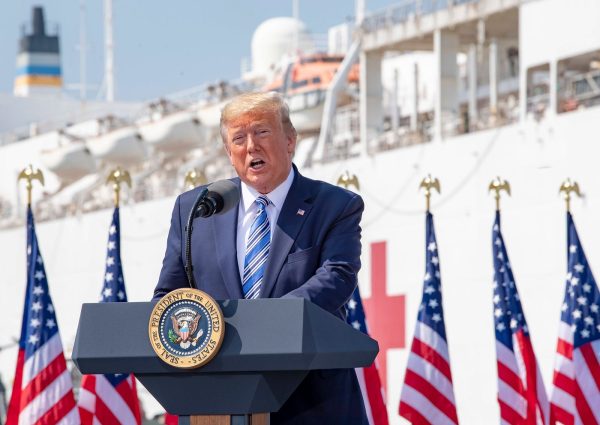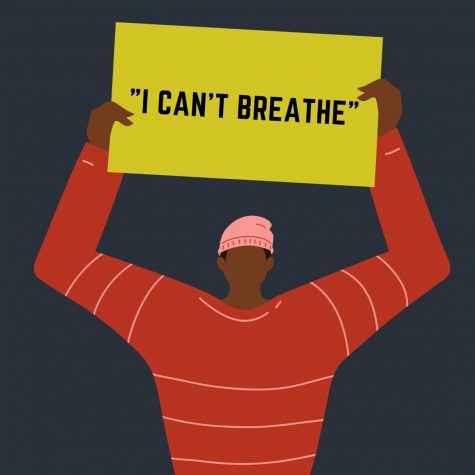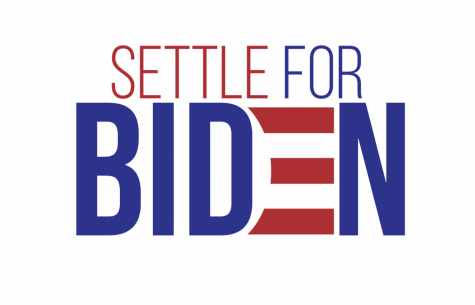Paris Accord
Hope? What Hope? We’ve Brexited the world’s best plan for climate change defense, but this time no one is celebrating.
Despite its Francophone moniker, the Paris Agreement’s negotiation was spearheaded by the United States. The Obama administration, with arduous help from top climate activists and negotiators, was able to draft a comprehensive agreement which 187 countries have since ratified.
But since Trump’s denouncement of the accord in the summer of 2017, the fate of the deal is much like the greenhouse gases the agreement pledges to curb: up in the air.
Speaking on the NewsHour for PBS, Todd Stern, the United States Special Envoy for Climate Change and Chief Negotiator for the Paris Accords, emphasizes just how good the deal was for the US (especially business, often the foil for environmental regulation), saying “I don’t think you would find five CEOs out of the Fortune 500 who are against the Paris Agreement.”
Still, countries are falling behind their pledges to reduce emissions in the attempt to keep global temperatures from rising 2ºC before the year 2100.
Worse, the US’s departure undermines commitments from the world’s top emitters, especially our best frenemy, China. Are they going to up their pledge in response to US departure? Of course not, why would they when the pressure to reduce emissions has completely evaporated from one American president who made combating climate change a top priority, to one who openly mocks it.
In typical UN fashion, agreements lack venom. Even ‘hallmark,’ ‘unprecedented’ deals lack even the most basic form of penalties for noncompliance; it’s up to the people and their politicians to hold nations accountable.
Stern reminds us that when committing to climate change mitigation, “directional progress is not enough, speed and scale is everything.” After all, the US is the world’s largest historical polluter, “responsible for almost a third of the excess carbon dioxide that is heating the planet,” according to the New York Times.
This development has placed the US at the top of the economic food chain and entrenched itself as one of the most advanced nations in the world, a nation which actually has the solid capability of putting a lid on greenhouse gas emissions. But like the level of attainment the US finds itself in according to climateactiontracker.org, a website which ranks countries based on “long-term targets and current policies against whether they are consistent with a country’s fair share effort to the Paris Agreement 1.5°C temperature goal,” the American willpower and leadership in managing its impact on climate change has been “critically insufficient.”
Just in case this article hasn’t been depressing enough for you, let me remind you that Trump pulling out of the Paris Agreement isn’t the first time that a US president has retreated from a major international climate change deal. President Bush pulled out of the Kyoto Protocol in 2001, saying during his election campaign, “[w]e do not know how much our climate could or will change in the future. We do not know how fast change will occur, or even how some of our actions could impact it.” This was before we experienced 9 of the 10 hottest years on record.
Bush’s words sound completely ignorant just 20 years down the line, especially considering that, “since the Kyoto Protocol was negotiated,” reports ABC News, “sea levels have risen more than 2-1/2 inches on average.” Let California’s blight of seemingly endless wildfires illustrate that, like rising oceans, there are still battles humanity will lose 100 times before it can claim a victory of nature’s most powerful phenomena.
We have the data, the models, the consensus, the campaigns to downplay, the wave of climate protests across the globe, the media attention, the concern of the American people moving towards fear and frustration, the evidence, the expanding cases of climate change’s casualties, the frustration with business-as-usual. We know the perpetrators, we know the weapons, and we know the victims, but we don’t understand the motive. The misguided economic argument that domestic GDP needs to be coddled in the face of a global climate crisis is either defeatist, self-righteous, or both. The hole in that logic is as large as the one in our ozone layer.

Jay Stearman is an opinion writer for Hatter Network. He is an Environmental Studies major and hopes to become a sustainable agriculture leader after he...










